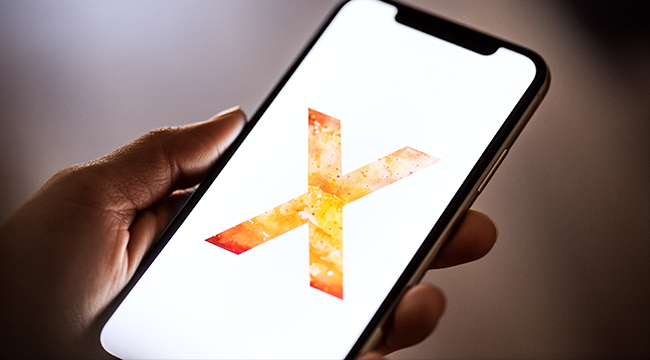
When the iPhone X was announced, critics noted you were paying a premium for its face-recognition feature, which felt like a solution in search of a problem. As a result, while the company has been moving millions of phones, the X still hasn’t been selling the way Apple hoped. Apple recently confirmed what’s been rumored since the iPhone X went on sale — halving its estimates for how many phones it’ll move in the first few months of the year.
Selling “worse than Apple hoped,” it should be noted here, is relative. Apple is still predicting it will move 20 million iPhones in the first three months of the year. The problem is that the company told the world they expected to move 40 million units, according to Nikkei:
Apple will halve its production target for the iPhone X in the three-month period from January from the figure of over 40 million units envisaged at the time of its release in November. The U.S. tech giant notified suppliers that it had decided to cut the target for the period to around 20 million units, in light of slower-than-expected sales in the year-end holiday shopping season in key markets such as Europe, the U.S. and China.
That has a ripple effect up and down the supply chain in Asia, as you might expect when somebody tells you they’re going to order a lot of stuff and then don’t order quite so much stuff. But it’s Apple that has taken the real financial beating, as the stock has dropped by 4.5% since last Monday, losing $45 billion in value.
This is unlikely to be the absolute end of Apple. Apple was already preparing to retire the iPhone X, rather than keep selling it as a “budget” phone, and it’s worth remembering that twenty million phones in three months is still a lot of phones. Similarly, it’s got a massive bank account to smooth over any problems. Still, it’s a rare misstep from a company that works to avoid them, and that’s likely to keep drawing attention until the iPhone X is off the shelves for good.
